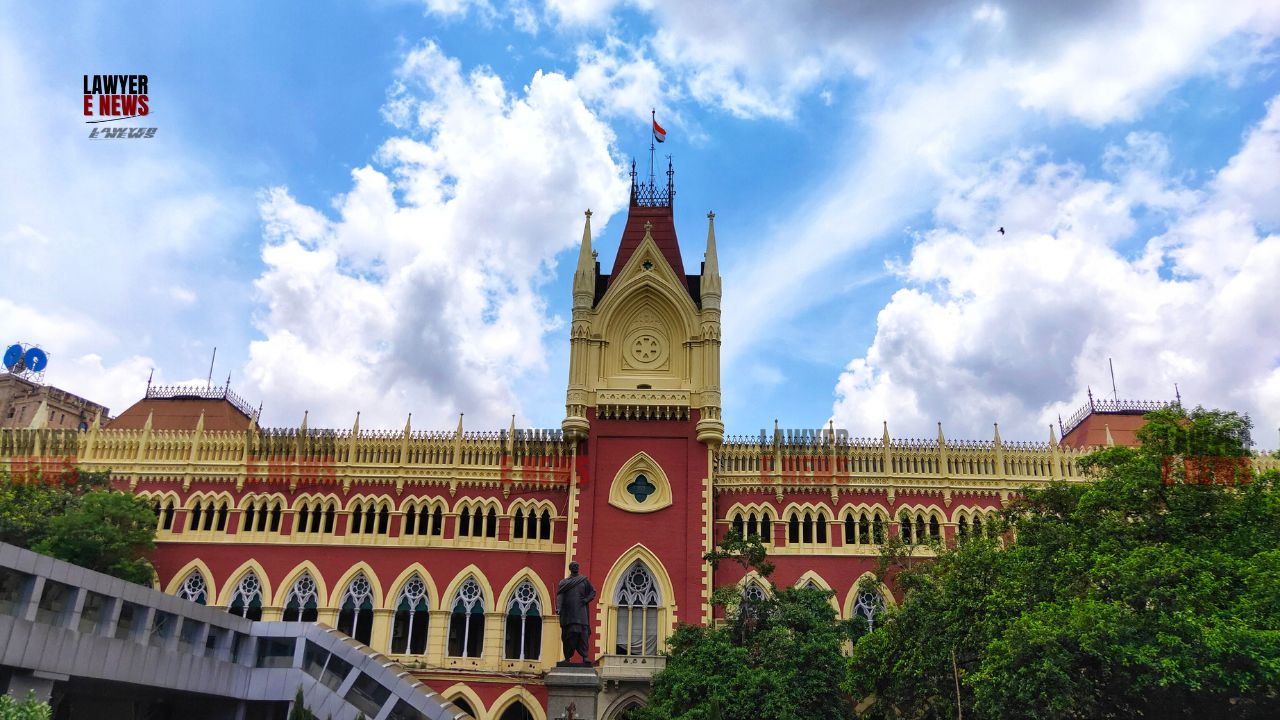-
by sayum
14 February 2026 2:22 PM



Calcutta High Court upholds conviction of Mantu Gope under Section 304(1) IPC, emphasizing the reliability of dying declarations and eyewitness testimonies.
The Calcutta High Court has upheld the conviction of Mantu Gope in a decades-old murder case, affirming the trial court’s decision under Section 304(1) of the Indian Penal Code. The judgment, delivered by Justice Partha Sarathi Sen, underscores the critical role of the dying declaration and consistent eyewitness accounts in securing the conviction.
The case dates back to October 3, 1983, when Paltu Rajak reported that his nephew, Krishna Pada Rajak, suffering from mental illness, was fatally injured after an altercation involving goats eating paddy from his field. The incident escalated when Krishna Pada Rajak confronted a cowherd, leading to an attack by Mantu Gope with a spear, resulting in fatal injuries. Despite prompt medical intervention, Krishna Pada succumbed to his injuries. The trial court, in its 1985 ruling, found Mantu Gope guilty and sentenced him to seven years of rigorous imprisonment, a decision now reaffirmed by the High Court.
Justice Partha Sarathi Sen highlighted the substantial role of medical evidence and consistent eyewitness testimonies in this case. “The ocular evidence of PW1 and PW3 not only supports each other but also aligns with the medical findings of PW6 and PW12,” he noted, emphasizing the credibility of the testimonies corroborated by medical reports.
A pivotal aspect of the case was the dying declaration recorded by Dr. N. Bhattacherjee (PW12). Despite the defense’s argument challenging its admissibility due to the alleged deteriorating condition of the victim, the court upheld its validity. Justice Sen remarked, “The doctor, being a neutral party, is best positioned to assess the patient’s condition, and the consistent documentation indicates the victim’s capacity to make such a declaration.”
The judgment extensively discussed the principles surrounding the admissibility and weight of dying declarations in criminal cases. It reiterated that a dying declaration, when recorded properly and found credible, holds significant probative value. “There is no specific format required for recording a dying declaration; what matters is the court’s satisfaction regarding the deceased’s mental state and the statement’s voluntariness,” the bench stated.
Justice Partha Sarathi Sen remarked, “The dying declaration as recorded by PW12 does not raise any suspicion and suffers from no infirmity. The overall assessment of evidence supports the consistency and coherence of the testimonies, leaving no room to disbelieve them.”
The Calcutta High Court’s dismissal of the appeal reinforces the judiciary’s commitment to upholding justice, especially in cases involving clear and corroborated evidence. By affirming the lower court’s findings, this judgment sends a strong message about the importance of dying declarations and consistent witness testimonies in securing convictions. This decision is expected to influence future cases, strengthening the legal framework for addressing violent crimes.
Date of Decision: July 24, 2024
